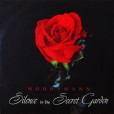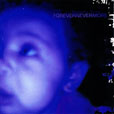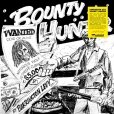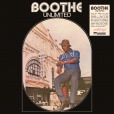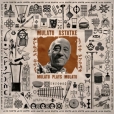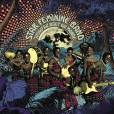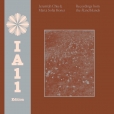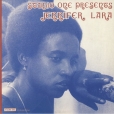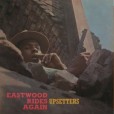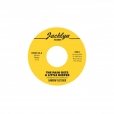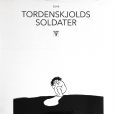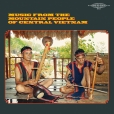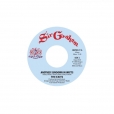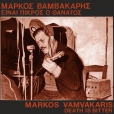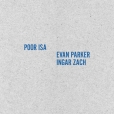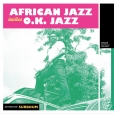Your basket is empty

Jeremiah Chiu, Marta Sofia Honer
Recordings from the Aland Islands
International Anthem Recording Co.
Intensely evocative, meditative duets by modular synthesizer and viola, interwoven with field recordings — birds, the sound of forests — encapsulating sojourns on the Åland archipelago in the Baltic Sea, between Sweden and Finland.
Moody Umiliani, with tasty Hammond and plenty of breaks. Set between Egypt and Ferrara, tackling racial integration in 1973, this is the second of Scattini’s films featuring Zeudi Araya. (That’s her singing on the spaced-out Cantata Per Miriam, over proto-Headz funk-drumming. Pretty great.)
‘Heady, raw, druggy songs of love, dread, hardship, and yearning, recorded in Athens between 1932 and 1936, when Markos was already a master of the bouzouki. His forceful, clean playing compliments his hoarse voice and his stunning rhythmic sensibility, the result of his years as a champion zebekiko dancer. Tracks build and spiral outward, his open-note drones and melodic lines drawing calls of ecstasy and encouragement from his fellow musicians. These recordings mark the height of rebetika, the brief period between the music’s emergence on the recording scene in the early 1930s and government censorship of all lyrics starting in 1936. During the Axis occupation there was no rebetika recording, and though Markos had some hits in the years after the war, he never again attained this level. These are the dizzying, entrancing, and heaviest works of one of the great artists of the 20th century.’
Poor Isa — Ruben Machtelinckx and Frederik Leroux — playing woodblocks and prepared banjos; joined by Evan Parker, and Norwegian percussionist Ingar Zach.
Wonderful, moody, questing music, beautifully presented, in thick grey cardboard sleeves with foil stamping. Individually hand-numbered, in a first edition of just 150.
These are the last copies.
Strongly recommended.
Kind of a dry run for Blue Trane, a couple of months later: with JC, Byrd, Curtis Fuller, Paul Chambers, Art Taylor; a latinized Speak Low, and SC’s own, wicked News For Lulu.
‘Classic Vinyl.’

